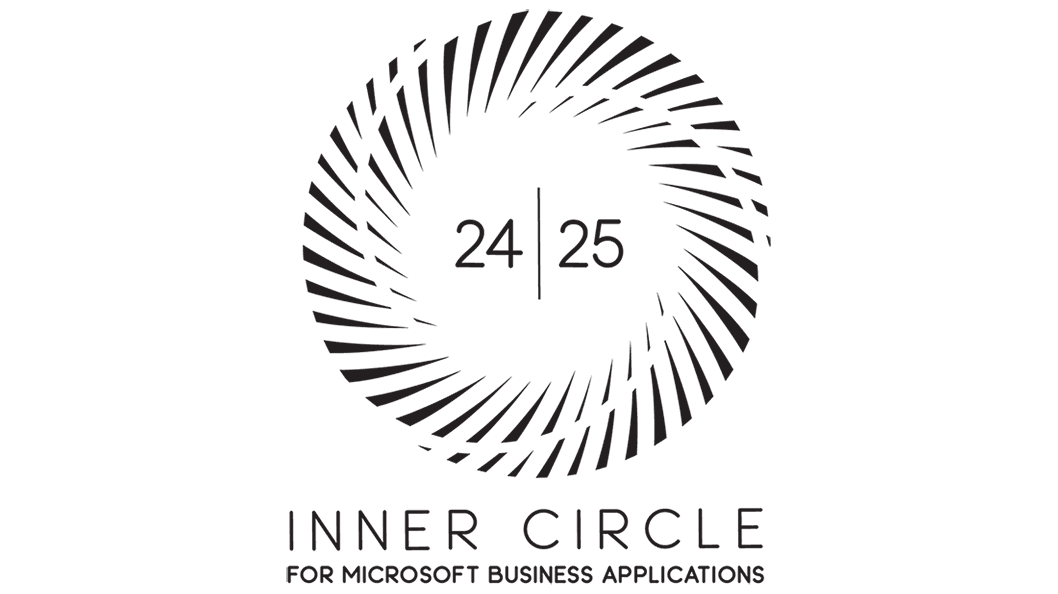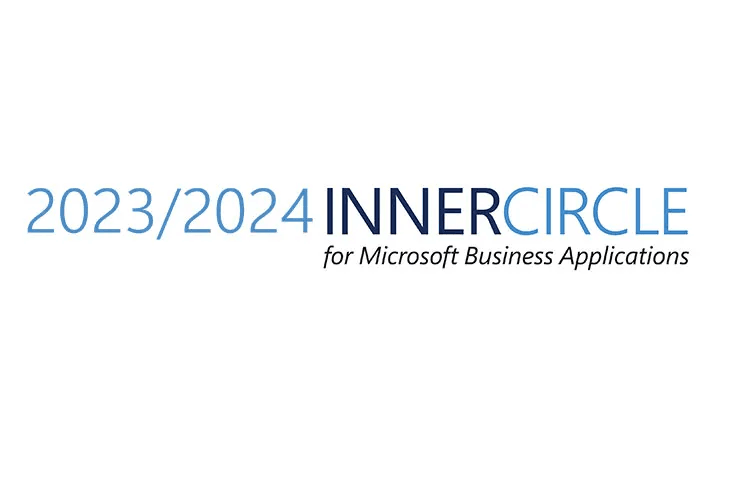
Where we’re starting from
Companies are today seeing digital transformation affect more and more areas of their operations. Rapid developments in productivity and technology are automating analog processes and converting them into digital processes across company boundaries. This has led to disruptions in markets. Traditional business models are disappearing, and new ones are emerging. Just look at finanzcheck.de, Airbnb and Skype. It is not always important which direction the technological developments have taken, the decisive thing is which new digital services have been created.
Today, companies are facing the challenge of constantly keeping up with and adapting to technological developments in their industry. If they fail to do so, changes in the market will overtake their ability to adapt. A company’s products and services can become obsolete within a very short time span. For example, the fact that since the beginning of 2003 it has been possible to access digital media content via online borrowing and streaming has meant that the "neighborhood video store" is on the brink of extinction.
Companies that want to come out of digital transformation as winners, cannot manage that all alone. They must co-operate with others, link up with partners and be able to reach their customers everywhere and at all times in order not to be squeezed out of the market by the competition. All this means that a new system of values is needed. There must be a willingness to constantly adapt and think in terms of networks instead of in terms of one's own organization and also to transfer responsibilities to employees. Are we ever going to be finished with this digital transformation? No, because customers are going to force companies to adapt constantly.
The approach
At COSMO CONSULT we have made it our job to provide our clients with holistic consulting. We do not just concentrate on helping them with the introduction of new technologies, but also on supporting them throughout the entire transformation process. We therefore provide advice not only on establishing the technological foundations for going digital, such as the development of cloud infrastructures and data and analytics. We also help establish a "digital-friendly" corporate culture and create new digital business models.

At the beginning of our consulting work, we do the digital maturity test. When a company does not know where it stands, it is difficult to know what direction the business model should take. Next we work together to develop a digital vision. When we draw up a digital roadmap, we find out what steps have already been taken, and what still needs to be done in order to make this digital vision a reality. This gives the company a roadmap for navigating digital transformation successfully.
But let’s get back to the digital maturity check. In this test we shed light on nine dimensions: Range of products, production processes, IT architecture, cooperation structures, organization, strategy development, process organization, culture of innovation and competencies.

Several of a company's key players are interviewed about these dimensions following structured interview guidelines. The results of the evaluation of the interviews and the analysis of the documents that have been made available to us beforehand are used to see what level of digital maturity the company currently has on a scale ranging from one to five.
The levels of maturity range from the purely traditional company to the service-oriented company to the networked, data-driven organization.
It is often our experience that many mid-sized companies are only at level 2, i.e. that they only use digital technology to optimize processes, instead of to also complement their products with digital services. It is also our experience that management, especially in medium-sized companies, already have a digital mindset, but that there is a big gap between that and the mindset and awareness levels of the employees. Employees are unaware of management’s vision, and thus many ideas cannot be implemented.

The advantages
In addition to determining the company’s current level, the digital maturity check also provides important ideas in all nine dimensions that can move a company a long way forward on the path to digital transformation. We use these ideas to develop a vision for the company and a digital roadmap for the coming years.
By going through this process, we were able to show a medium-sized manufacturer of tools for metal processing that it needed a cooperation partner from the IT sector to develop smart tools. We are now working with that company to create a roadmap for the development of data-driven services and to evaluate a product-as-a-service approach. It is also necessary to transfer the knowledge that that customer already has into the digital realm in order to initiate a data-driven development process.
Reasons to cooperate
At COSMO CONSULT, we are facing the same challenges as our customers. Digital transformation is also driving our company to adapt. We have moved all of our systems to the cloud, for example. We have also had to rethink our business model and are moving from being a mostly technology-oriented service provider to an end-to-end provider that can support its customers along the entire value chain. We are also focusing on transparency, on having an agile organization and on the individual responsibility of the employees. That way the employees understand the strategic dimension of their work, are able to recognize opportunities, and develop their own ideas.
The knowledge we have gained from our own digital transformation process flows directly into our consulting services. The first step is the maturity test, which sheds light on processes, organization, and strategy. Because successfully managing digital transformation is not just an IT thing.
The Article was published in the German book "Handbuch Digitalisierung" (Manual Digitization)
Keywords
More similar news articles
Found what you were looking for?
Start your intelligent search now



